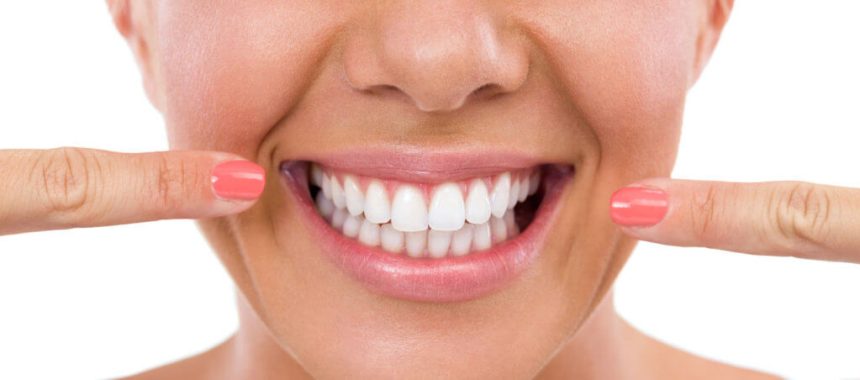Imagine a world where our teeth can regrow like crocodiles who can go through thousands of sets of teeth throughout their long lives, or like some sharks who obtain a new set of tooth every few weeks! It will be dream come true, right?
A Japanese group of researchers is preparing to test a medicine that would enable people to develop entirely new teeth. Participants in a clinical trial slated to begin in July 2024 will have tooth agenesis. A hereditary disorder that causes teeth to fall off. However, the researchers hope to make the medication widely accessible by the year 2030.
Researchers discovered an antibody for the USAG-1 gene which encourage new teeth
According to Katsu Takahashi, chief of the dentistry and oral surgery division at the Medical Research Institute Kitano Hospital, Osaka, every dentist desires to have the ability to create new tooth. “Since I was a graduate student, I’ve been working on this. I had faith in my ability to pull it off.”
In a previous study, the researchers discovered an antibody for the USAG-1 gene. An antibody which might encourage the creation of new teeth in mice that had lost their teeth due to dental agenesis. In essence, the researchers discovered that USAG-1 inhibits tooth growth through interacting with other proteins. By preventing the connection, bone morphogenetic protein signaling, which promotes the formation of new tooth, can be induced.
The research with ferrets had similar results in developing replacement teeth as those with mice from 2018. The seventh front tooth that developed in the animals had the same structure and appearance as its neighbors.
Takahashi stated, “We hope to open the door for the drug’s clinical use.” Among other experimental research, scientists have spent years attempting to decipher the genetic expression that permits animals like sharks to continuously grow teeth, but transferring it to human use has proven difficult.



